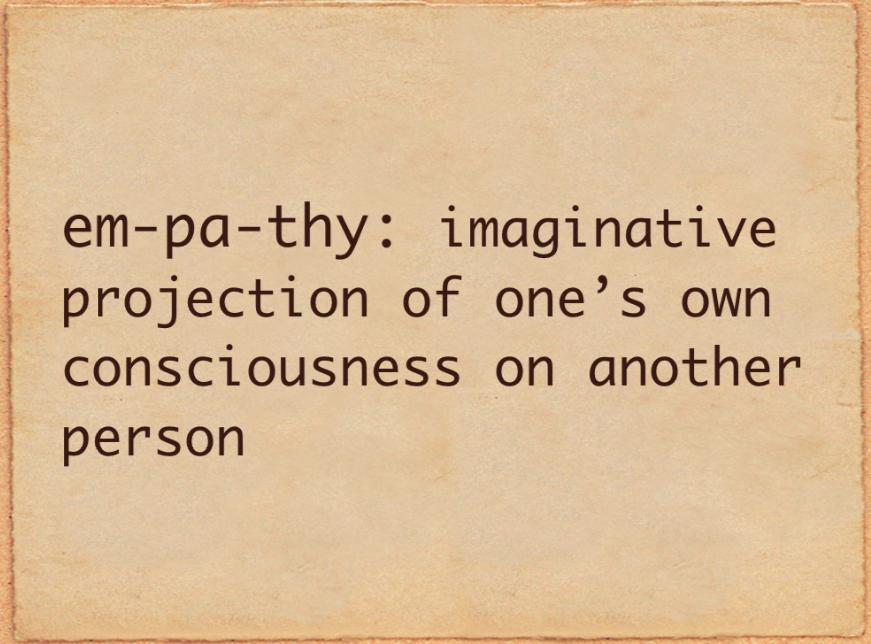In the whirlwind of daily life, negative thoughts can often take the driver’s seat, steering us away from joy and peace. These thoughts, like uninvited guests, can disrupt our mental harmony and cloud our perspective. However, with the right tools, we can learn to gently guide them out and reclaim our emotional well-being. Welcome to a journey of cognitive reframing—a powerful technique designed to transform how we perceive and react to the world around us. In this article, we’ll explore practical and compassionate strategies to help you recognize and reframe negative thoughts, empowering you to cultivate a more positive and resilient mindset. Whether you’re seeking relief from stress or simply striving for a healthier mental landscape, these tips will serve as your guide to nurturing a more balanced and fulfilling inner dialogue.
Understanding the Roots of Negative Thoughts
To effectively manage and transform negative thoughts, it’s crucial to explore their origins. Often, these thoughts stem from deep-seated beliefs and past experiences that shape our perception of the world. Recognizing these roots can be the first step towards reshaping your mindset. Common sources include:
- Childhood Experiences: Early interactions and feedback can significantly impact self-esteem and worldviews.
- Societal Influences: Cultural norms and societal expectations often dictate what is deemed acceptable or successful, potentially fostering feelings of inadequacy.
- Personal Setbacks: Past failures or disappointments may lead to a fear of future failure, fostering a negative mindset.
Understanding these origins allows you to challenge and reframe them. For instance, if your negativity arises from childhood criticism, acknowledge it and replace it with self-compassion. If societal pressures are at play, redefine success on your terms. This self-awareness can be empowering, offering a clearer path to positive thinking.
| Root Cause | Reframing Tip |
|---|---|
| Childhood Criticism | Practice self-compassion and affirmations |
| Societal Pressure | Redefine success and set personal goals |
| Past Failures | View setbacks as learning opportunities |

Embracing Empathy and Self-Compassion
To nurture a healthier mindset, it’s essential to replace self-criticism with empathy and self-compassion. Instead of allowing negative thoughts to take root, consider these gentle reframing techniques:
- Recognize Your Humanity: Remember that everyone makes mistakes. It’s okay to be imperfect. When you stumble, tell yourself, “I’m human, and learning from this.”
- Practice Kind Self-Talk: Speak to yourself as you would a dear friend. Replace harsh words with supportive phrases like, ”I’m doing my best, and that’s enough.”
- Focus on Growth: Shift your perspective from failure to growth. Ask yourself, “What can I learn from this experience to become better?”
| Negative Thought | Empathetic Reframe |
|---|---|
| I’m not good enough. | I’m on a journey of improvement. |
| I always mess things up. | I am learning and growing from each experience. |
By consciously practicing these reframing techniques, you cultivate a compassionate inner voice that supports rather than sabotages. This shift not only enhances your mental well-being but also empowers you to face life’s challenges with resilience and grace.

Practical Techniques for Cognitive Reframing
Transforming negative thoughts into more positive perspectives is an empowering skill. Here are some practical techniques to guide you on this journey:
- Identify and Challenge: Begin by recognizing the negative thought. Ask yourself, “Is this thought based on facts or assumptions?” Challenge its validity by seeking evidence that contradicts it. This can help you see the situation more objectively.
- Use Positive Language: Replace negative words with positive or neutral ones. For instance, instead of thinking, “I can’t do this,” try saying, “I will give it my best shot.” Language shapes our reality, so choose words that uplift and motivate.
- Visualize a Different Outcome: Close your eyes and imagine a positive resolution to your problem. Visualizing success can help shift your mindset and reduce anxiety.
| Technique | Action |
|---|---|
| Identify and Challenge | Question the thought’s truthfulness |
| Use Positive Language | Reframe with uplifting words |
| Visualize a Different Outcome | Imagine positive scenarios |

Cultivating a Positive and Resilient Mindset
Our minds can often be a whirlwind of thoughts, many of which lean towards the negative. However, with some cognitive reframing techniques, we can shift our perspective and foster a more positive and resilient mindset. Here are some practical tips to help you transform those negative thoughts:
- Challenge Your Assumptions: When a negative thought arises, ask yourself, ”Is this true?” Often, our minds exaggerate the severity of situations. Questioning these thoughts can help you see them for what they are—mere assumptions rather than facts.
- Find the Silver Lining: For every negative thought, try to find a positive aspect. This doesn’t mean ignoring the problem but rather recognizing any potential benefits or lessons that can arise from the situation.
- Practice Gratitude: Make it a habit to jot down a few things you’re grateful for each day. Shifting focus from what’s wrong to what’s right can create a more balanced and optimistic outlook.
| Negative Thought | Reframed Thought |
|---|---|
| “I always fail.” | “I’ve learned from my past mistakes and can improve.” |
| “No one appreciates me.” | “I am valued by those who truly matter.” |
| “I can’t handle this.” | “I am strong and capable of overcoming challenges.” |
Remember, reframing thoughts is a skill that takes time to develop. Be patient with yourself and celebrate small victories along the way. By consistently practicing these techniques, you’ll build a mental toolkit that empowers you to navigate life’s ups and downs with grace and resilience.








































